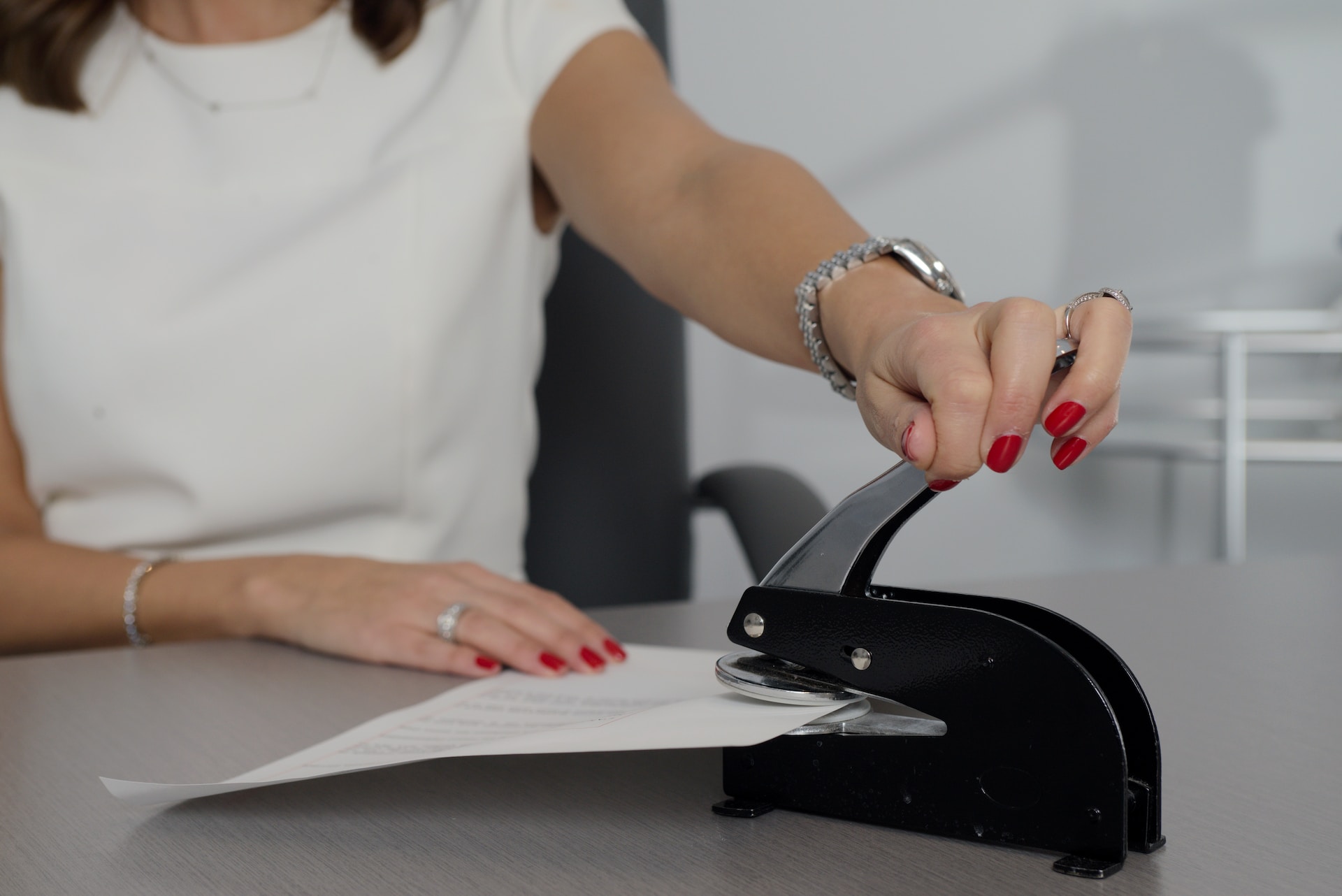Whether it’s for your personal or business affairs, having a notary certify the signature of a document adds an extra layer of protection against fraud and forgery.
Before choosing a notary public, consider their legal background, reliability, and accuracy. They should also be available to perform services around the clock or at your convenience.
Legal Background
Whether you are dealing with real estate deeds, wills, trusts, or powers of attorney, there are times when it is necessary to have a notary public present at the time of signing. It can deter fraud and help you protect your investment.
Many banks, law firms, insurance companies, healthcare facilities, and car dealerships employ commissioned notaries to perform these services regularly. Commissioned notaries can make a great addition to any workplace and negotiate a commission with their employer, which may cover some of their costs.
It is also essential to choose a notary public who is reliable and trustworthy, so you can be confident that your documents will be appropriately handled. Ensure that you find a notary who is bonded and insured to be at your service.
Reliability
Several essential documents must be notarized to have legal effect. These include documents that convey real estate, grant powers of attorney, and establish a prenuptial agreement.
An official designated by the state to serve as an impartial witness to the execution of these essential legal papers is known as a notary public. Their primary duty is to deter fraud and ensure the signer is fully aware of what they are signing.
Notaries are commissioned by their states as “ministerial” officials and are expected to follow strict rules of conduct without significant personal discretion. They are also prohibited from engaging in any activities that might be corrupted by self-interest.
Accuracy
Accuracy and precision are terms that scientists use to describe the degree of agreement between measurements of a given quantity. A measure is near to being accurate when precise; conversely, it refers to how consistently repeated measurements under the same conditions yield the same findings.
When looking for a reliable notary to witness your legal documents, it’s essential to consider the type of documentation you need. Standard legal documents include affidavits, advance medical directives, property deeds, and construction and loan agreements.
A notary public is a state-licensed individual who witnesses signatures of self-authorizing documents and takes oaths. The law requires them to pass a state-approved examination and pay the proper fees.
Timeliness
One of the most common problems people face when getting legal documents notarized is finding a notary public. It can be a frustrating experience since there are often long lines at local banks or UPS stores, and it can be challenging to get your documents notarized while you’re working or at home.
When obtaining a notary, you should first check your state’s requirements. Many states require notaries to verify signers’ identification by asking for a valid driver’s license, passport, or other proof of identity.
You can also bring a reliable witness if you need these types of identification. A third party with firsthand knowledge of the signer’s identity and the ability to verify their signature is considered a reliable witness.
By ensuring that the signer is aware of what they are signing and ready to endorse it, notaries avoid fraud and forgeries. They also stamp and sign the document to verify its authenticity.

